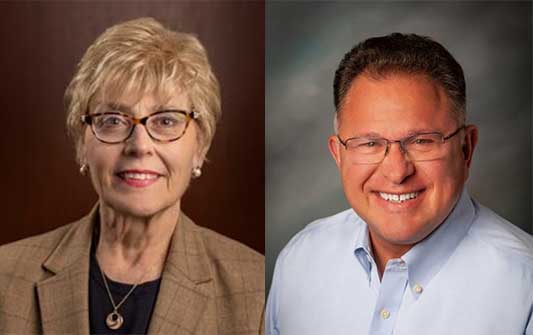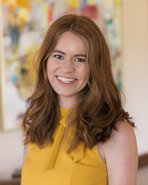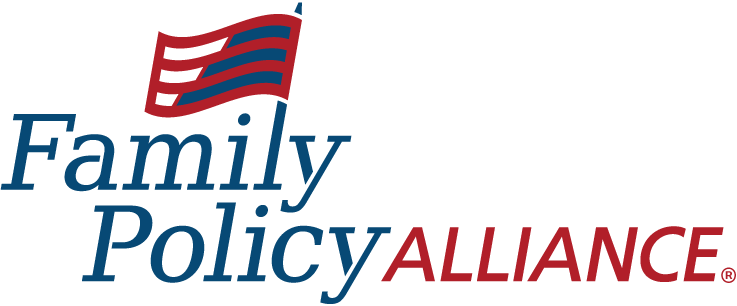It’s 2 in the morning as I’m writing this message. Voting may be done in the 2022 midterm elections, but the counts are still coming in – and all the analysis is just getting started.
By the time you’re opening this email, your phone or computer might be flooded with notifications about results in your state or the new Congress. But what does it all mean? And what do YOU need to know as someone who prioritizes family values?
In just a few minutes, we’re breaking it all down LIVE, and we want you to join us.
2022 Election Breakdown: What the Midterms Mean for Families
November 9, 2022
1 pm ET / 12 pm CT / 11 am MT / 10 am PT
LIVE on Facebook, YouTube, and right here
Join us for a roundtable discussion with seasoned leaders from two states, moderated by Family Policy Alliance’s own Craig DeRoche and Autumn Leva. They’ll put results in perspective, share what this election means for families, and talk about what comes next for social conservatives. Don’t miss it!

Julaine Appling is President of Wisconsin Family Action. She is known for her longtime and strong stance for life. In fact, her organization was firebombed this spring because of that stance.
John Stemberger is President and General Counsel of Florida Family Policy Council. A lawyer by trade, John is a nationally respected leader and a driving force in protecting families.
Join us today to get the critical insights you need on last night’s election.
See you soon!

Meridian Baldacci
Director, Strategy
P.S. We’re streaming on Facebook, YouTube, and above. Join us on your favorite platform!
